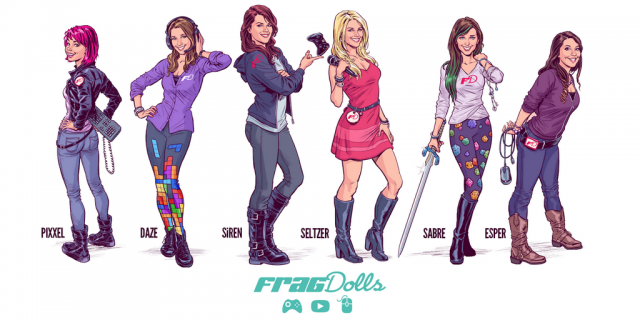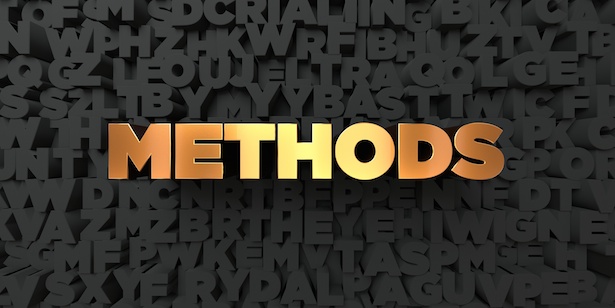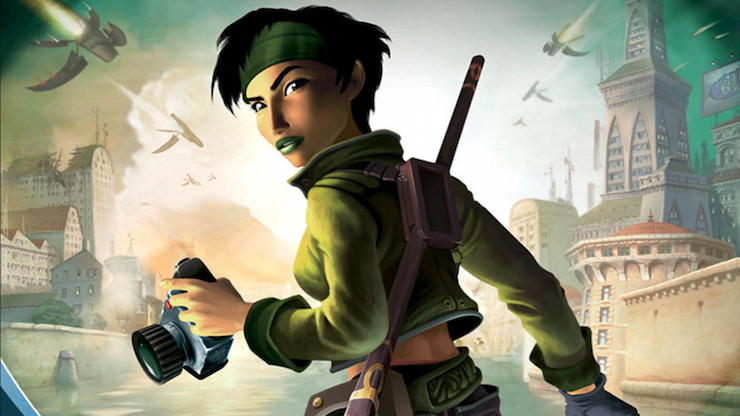Someone recently asked me if it’s frustrating talking about harassment in games year after year. Yes, of course it is. When we started NYMG over 6 years ago, I did it with the idea that we would have a hand in ending the harassment women face online. Little did we know that that harassment would only continue to worsen. Not that that means we haven’t had any positive impact, I think we have in multiple areas: signal boosting, bringing people together, making it mainstream to question gender and racial representation in games, and so on. But specifically in the realm of harassment, I got to thinking about what—if anything—has changed since I first started being harassed and noticing harassment while gaming (MMORPGs, mostly).
In a 2015 Games and Culture article, “I can Defend Myself: Women’s Strategies for Coping with Harassment while Gaming Online,” Amanda Cote writes about the kinds of harassment women face and the ways they deal with it. For example, the author found through her grounded research approach that “Women who flirted were seen as behaving properly and were protected from harassment, while those who did not suffered” (149). This should not only ring true for any woman who has gamed before, but women in general. Society, mostly men, expect women to alway smile, to accept flirtation, and to return advances. I had a conversation with a friend recently who was angry at women for not knowing what they want. I pressed further, and he meant that women say they want “a nice guy” but always go for the jerks. I reminded him that being nice to a woman doesn’t meant they owe you anything, and he might not be as nice as he thinks he is.
But that’s our culture, you put in X, you deserve Y, especially when it comes to what you deserve from a woman, especially in gaming. Ok, so taking stock, that element of harassment has not changed. It’s an interesting catch-22, something you’ll notice the article is full of if you read it, because I—like many people—like when people are nice to me. I’ve had really good friends in games like WoW, and I’ve had people give me gold or items to help me in my journey. I’ve wondered if it’s because of my gender, and sometimes it might have been, and sometimes it might not. But I do know that there are times when it is not in question, where I’ve been followed and whispered at relentlessly, asked over and over how old I am or if I would cyber. Those times are not fun, and they can be downright terrifying.
Another element of harassment that is the same as when I started gaming is the way women have to always be cautious to avoid harassment. Cote writes,
Women must constantly be aware of how their behavior, username, voice, or skill will be interpreted by others, and they must carefully manage these aspects to ensure a positive gaming experience. Just like off-line society requires women to defend themselves against sexual harassment or assault by managing their dress and behavior, the onus of online harassment management is put on the victim (149).
Blame the victim. If you don’t want to be harassed for being a woman, make your user name Frank. Don’t use the voice chat. For god’s sake don’t ever tell anyone you’re a woman. This, of course, is the most well-known catch-22 of gaming while female: women have to hide their gender online to avoid harassment, which leads to the mistaken belief that women don’t game.
In my current favorite mobile game, Clash Royale, my mom and I joined a clan called girls. I was hoping that after my previous experience (which was not positive), that this would be a fun supportive environment. What it really amounted to was 20-something year old men (so they said) trying to hit on 11-14 year old girls. The clan leader, who the best I could understand was a 12 year old girl, deftly managed the men coming in and saying sexual things or swearing. “There are people who are underage in here, if you talk like that you will get booted.” And promptly booting. Some community policing happened occasionally, “she is 11 years old, buddy.” And “don’t listen to this guy [who just claimed to be 15] he is actually 30.” I left the clan, because it was not the type of clan I was looking for, but I was impressed and saddened by the fact these young girls were already forming defense mechanisms like this.
Finally, the article leaves us with the same old perspective we have known since we started NYMG and maybe since we all began gaming online,
While it is positive that women are able to enjoy games even when the multiplayer experience is unwelcoming, the fact that some committed players are driven away from online gaming helps contribute to the perception that games are more for men than for women (143).
The toxicity forces women away, which continues to feed the idea that some games are for men only and some for women only. Those communities get worse, more toxic, and breed more hatred.
Maybe it’s my Dayquil-ridden brain at the moment, but this makes me incredibly sad, but at the same time, a little bit hopeful. Maybe some of these gaming communities need to fall into obscurity while we build new, better, stronger ones. It is hard to change a whole culture, especially one as dispersed as a gaming community. But by having a voice and a presence, we demand that something new and more equitable be built. That would be worth the crashing and burning of some game communities, I think.




